Rapeseed is an oil-producing (oleaginous) plant that bees absolutely love the pollen of. Usually if planted in the fall of the previous year, bees begin collecting the pollen and nectar of the rapeseed during the month of May of the current year. To date, Europe and the United Kingdom are the #1 producers of this type of honey. Annually, England sells 113 million pounds' worth or 3 million jars.
Rapeseed honey crystallizes quickly because it has a high content of water - making up about 18% of its composition. As such, once the bees make it, it needs to be removed from the hives within a week. It also contains glucose (about 51%) that helps mental ability, and if dissolved in milk it relieves sore throat.
Rapeseed honey is fairly white in color, while the aroma is similar to cabbage, with the taste much more delightful. It's also a preferred choice by many people due to the fact that it's not too sweet, has low acidity (high pH).
Consumption of rapeseed honey is tremendously healthy. It is thought that it treats kidney, as well as eye-related diseases. This honey also contains elements important for bone development. As such, it is used for osteoporosis treatment as well.
The benefits of rapeseed honey don't end there. It aids in the regeneration and improvement of the elasticity of blood vessel walls. Eating it is good for the liver, spleen and pancreas.
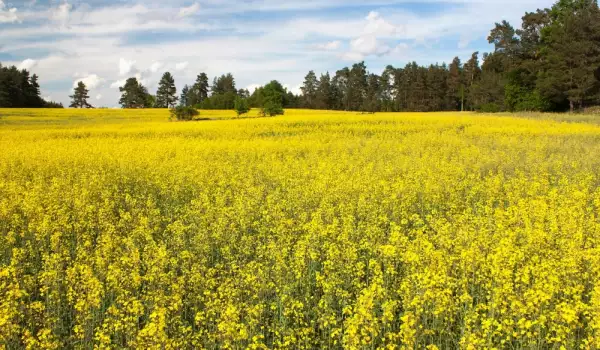
Once taken, it is quickly absorbed by the intestinal mucosa. It has the ability to remove heavy metals from the body, while at the same time the regular intake of rapeseed lowers LDL cholesterol levels.
The abundance of vitamin E in this natural product is of prime significance when it comes to slowing down skin aging, which will look vital and healthy as a result of rapeseed honey consumption. Vitamin A is also present in it, a powerful immunostimulant that's beneficial for vision, skin, bones.
In the 21st century, there are more than 300 known types of honey, all gathered from different areas around the world. Rapeseed honey is suitable for consumption among children because it does not cause allergies.
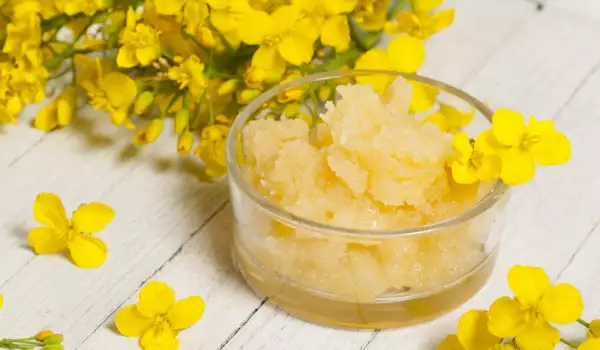




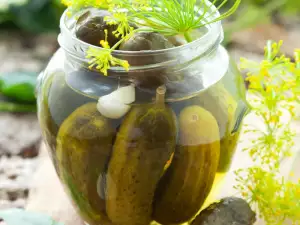
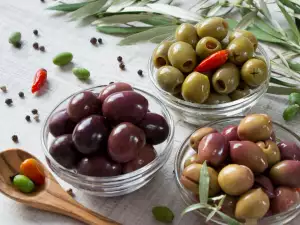
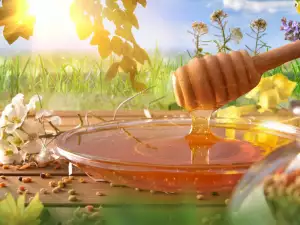
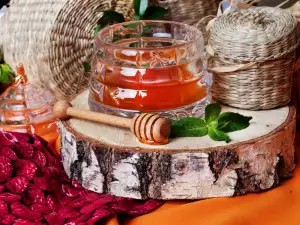
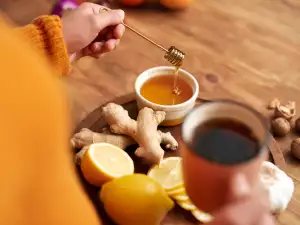

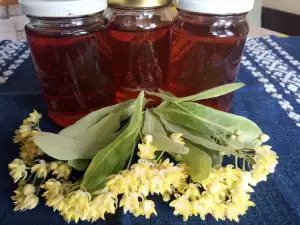
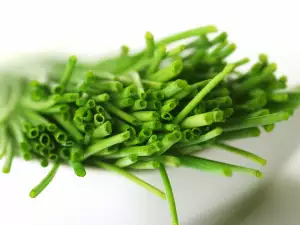

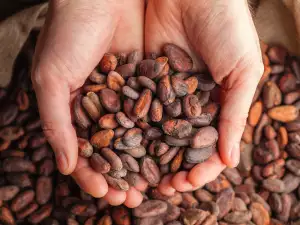
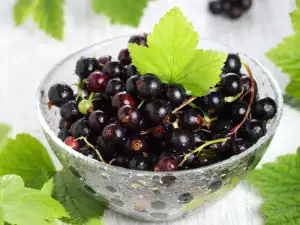




Comments